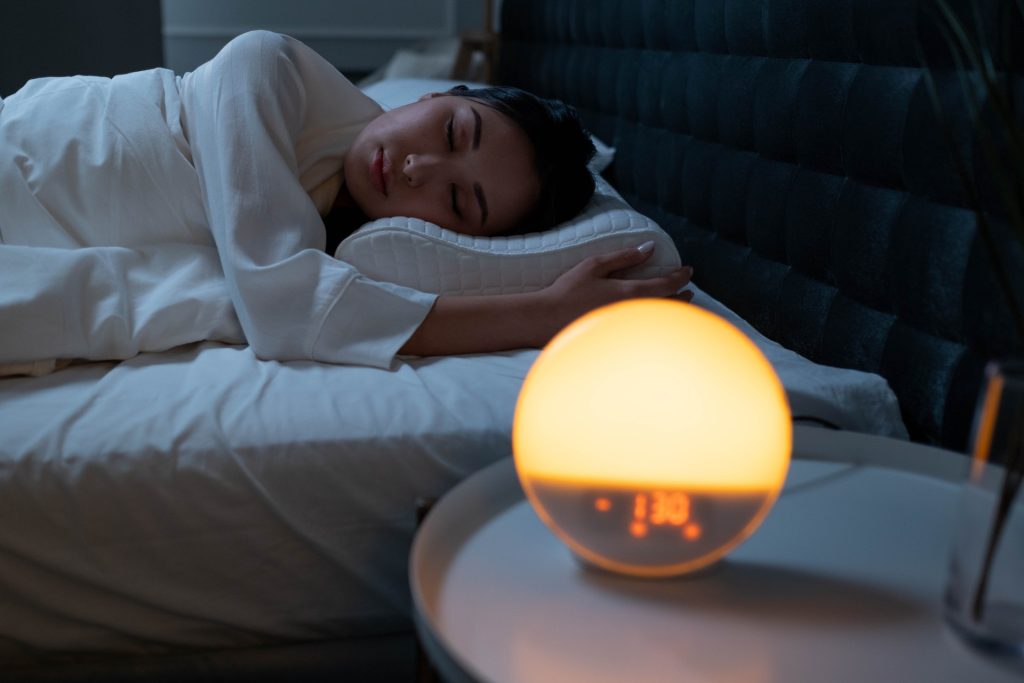Shingles Increases Risk of Cognitive Decline in Later Life
The risk was higher for men who were carriers of a gene linked to dementia

A new study led by investigators from Brigham and Women’s Hospital found that an episode of shingles is associated with about a 20 percent higher long-term risk of subjective cognitive decline. The study’s findings provide additional support for getting the shingles vaccine to decrease risk of developing shingles, according to the researchers. Their results are published in Alzheimer’s Research & Therapy.
“Our findings show long-term implications of shingles and highlight the importance of public health efforts to prevent and promote uptake of the shingles vaccine,” said corresponding author Sharon Curhan, MD, of the Channing Division for Network Medicine at Brigham and Women’s Hospital. “Given the growing number of Americans at risk for this painful and often disabling disease and the availability of a very effective vaccine, shingles vaccination could provide a valuable opportunity to reduce the burden of shingles and possibly reduce the burden of subsequent cognitive decline.”
Shingles, medically known as “herpes zoster,” is a viral infection that often causes a painful rash. Shingles is caused by the varicella zoster virus (VZV), the same virus that causes chickenpox. After a person has chickenpox, the virus stays in their body for the rest of their life. Most of the time, our immune system keeps the virus at bay. Years and even decades later, the virus may reactivate as shingles.
Almost all individuals in the US age 50 years and older have been infected with VZV and are therefore at risk for shingles. There’s a growing body of evidence that herpes viruses, including VZV, can influence cognitive decline. Subjective cognitive decline is an individual’s self-perceived experience of worsening or more frequent confusion or memory loss. It is a form of cognitive impairment and is one of the earliest noticeable symptoms of Alzheimer’s disease and related dementias.
Previous studies of shingles and dementia have been conflicting. Some research indicates that shingles increases the risk of dementia, while others indicate there’s no association or a negative association. In recent studies, the shingles vaccine was associated with a reduced risk of dementia.
To learn more about the link between shingles and cognitive decline, Curhan and her team used data from three large, well-characterized studies of men and women over long periods: The Nurses’ Health Study, the Nurses’ Health Study 2, and the Health Professionals Follow-Up Study. The study included 149,327 participants who completed health status surveys every two years, including questions about shingles episodes and cognitive decline. They compared those who had shingles with those who didn’t.
Curhan designed the study with first author Tian-Shin Yeh, formerly of the Harvard TH Chan School of Public Health. The researchers found that a history of shingles was significantly and independently associated with a higher risk – approximately 20% higher – of subjective cognitive decline in both women and men. That risk was higher among men who were carriers of the gene APOE4, which is linked to cognitive impairment and dementia. That same association wasn’t present in the women.
Researchers don’t know the mechanisms that link the virus to cognitive health, but there are several possible ways it may contribute to cognitive decline. There is growing evidence linking VZV to vascular disease, called VZV vasculopathy, in which the virus causes damage to blood vessels in the brain or body. Curhan’s group previously found that shingles was associated with higher long-term risk of stroke or heart disease.
Other mechanisms that may explain how the virus may lead to cognitive decline include causing inflammation in the brain, directly damaging the nerve and brain cells, and the activation of other herpesviruses.
The limitations of this research include that it was an observational study, information was based on self-report, and included a mostly white, highly educated population. In future studies, the researchers hope to learn more about preventing shingles and its complications.
“We’re evaluating to see if we can identify risk factors that could be modified to help reduce people’s risk of developing shingles,” Curhan said. “We also want to study whether the shingles vaccine can help reduce the risk of adverse health outcomes from shingles, such as cardiovascular disease and cognitive decline.”
Source: Brigham and Women’s Hospital










